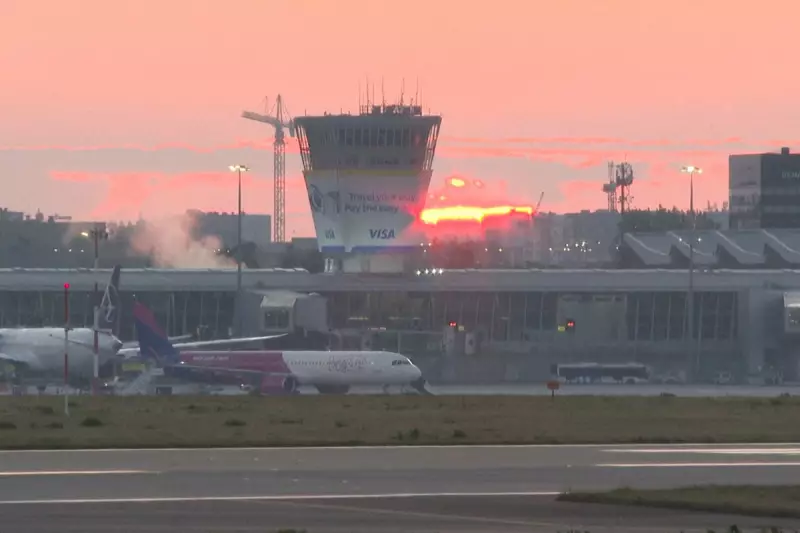
Polish Prime Minister Donald Tusk has convened an urgent meeting of the National Security Council following a severe breach of the country's airspace by a Russian-made cruise missile. The incident, which lasted 39 seconds, marks a significant escalation in regional tensions and has triggered urgent discussions within NATO.
The violation occurred early Sunday morning during a massive Russian aerial assault on western Ukraine. According to Polish military officials, the object entered Polish territory near the village of Oserdów before vanishing from radar.
NATO's Response and Polish Demands
PM Tusk revealed he would be demanding explanations from both the Russian ambassador and seeking a robust response from NATO leadership. "This is a particularly difficult moment," Tusk stated during a press conference. "We are demanding explanations from Moscow in every regard. Above all, we are calling for NATO as a whole to respond."
The Polish leader confirmed that Warsaw was monitoring the situation "moment by moment" and emphasized the need for heightened vigilance. The incident has raised serious concerns about the potential for further escalation along NATO's eastern flank.
International Reactions and Solidarity
Estonian Prime Minister Kaja Kallas swiftly expressed her nation's solidarity with Poland, stating: "We stand in solidarity with our NATO ally Poland following the violation of its airspace. We are consulting closely with Poland and other allies."
The breach comes at a critical time when Western support for Ukraine remains a contentious issue, particularly with delays in US military aid. Poland, which shares a long border with Ukraine, has been at the forefront of supporting Kyiv while simultaneously strengthening its own defences.
Historical Context and Current Tensions
This is not the first time Russian missiles have entered Polish airspace during the conflict. A similar incident occurred in December 2023, and in November 2022, a missile strike in eastern Poland killed two farmers, initially raising fears of direct NATO involvement before investigations suggested it was likely Ukrainian air defence fire.
The latest violation underscores the growing risks of the conflict spilling over into neighbouring NATO countries. Military analysts warn that such incidents, whether intentional or accidental, could potentially trigger Article 5 of the NATO treaty, which considers an attack on one member as an attack on all.
As tensions continue to mount, all eyes are on how NATO will respond to this latest provocation and what measures will be taken to prevent further violations of alliance airspace.





